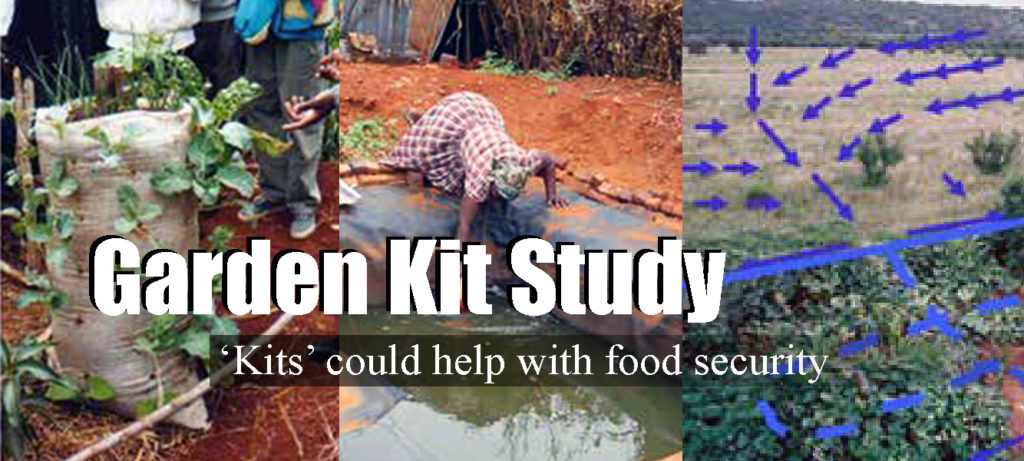
Garden kits that pay specific attention to small-scale irrigation might hold the key to stronger food security for smallholder farmers of ILSSI project countries.
Still, a new study recommends an approach to building better home gardens that considers many contributing factors including: building on current farming practices, examining the roles of men, women and children in gardening, calculating current productivity of gardens, examining how produce is used, examining current water management practices and problems and taking into account farmers’ perceptions of their gardens’ viability.
The study also looks at home garden/irrigation kits that have been used in the past and what aspects of those examples have shown success.
Click to read the full paper here.


